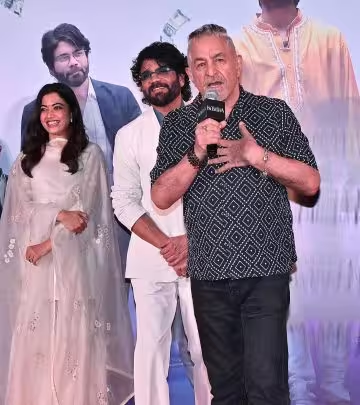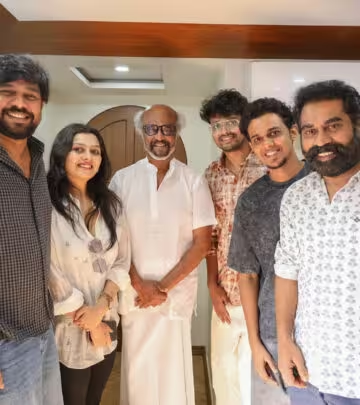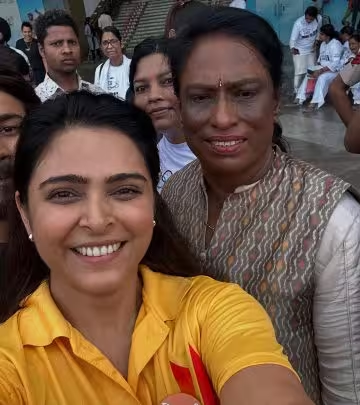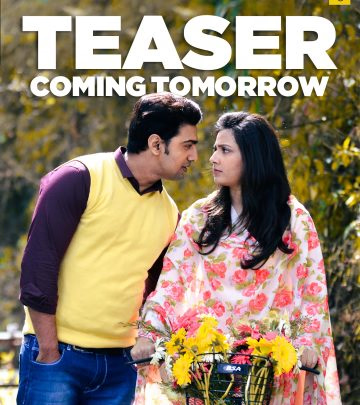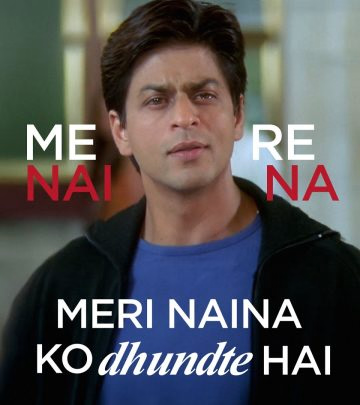Jaiye Aap Kahan Jaayenge: Village Legacy
A low-budget film with heartfelt performances exploring rural dilemmas and unsung struggle.
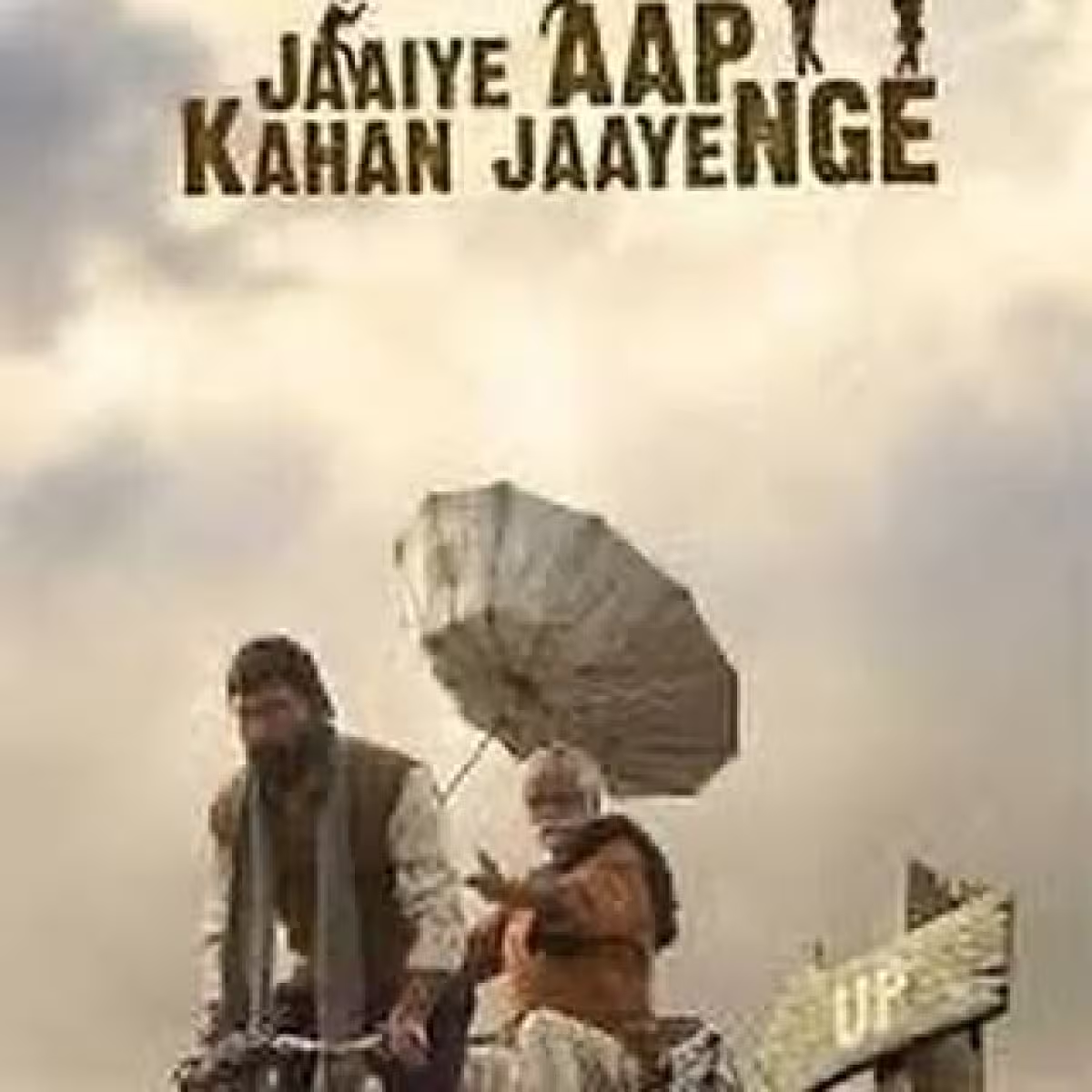
Image: Instagram
The independent film Jaiye Aap Kahan Jaayenge made its debut in 2024, yet it has largely flown under the radar despite its moving narrative and sincere performances. Set in a remote village in India, the film follows the intergenerational conflict between a father and son—played by the celebrated actor Sanjay Mishra and emerging talent Karan Aanand. In this rural setting, the father earns a living by selling bhujiya while his son toils as a rickshaw puller. The story is not just about familial discord, but about the larger challenges facing rural communities, particularly highlighting an innovative solution for sanitation in the form of a mobile toilet designed to empower the village’s women.
Village Portrait And Innovative Solutions
In a narrative reminiscent of social realisms like Toilet: Ek Prem Katha (2017), Jaiye Aap Kahan Jaayenge explores issues tied to basic dignity and access to sanitation in a society where resources are scarce. Although the film is low-budget with no major star-cast, its strength lies in its intent and sensitivity. The mobile toilet concept is more than just a plot device; it symbolizes the struggle for dignity and a concerted effort to improve rural life. The film’s narrative is deeply rooted in the authentic portrayal of village life, with every frame reflecting the harsh realities and yet the resilient spirit of its characters.
A Chance Discovery And Honest Performances
A film enthusiast shared his unexpected encounter with Jaiye Aap Kahan Jaayenge while casually browsing online. He remarked, “I came across the film accidentally while surfing and was moved by the thought and the sincerity.” His experience mirrors the sentiment of a niche audience that values films for their honest storytelling and social commentary. During a chance meeting a few days later, he engaged with actor Karan Aanand and pondered, “Whose plight is bigger? The determined rickshaw puller who masterminded the idea of a mobile toilet or the talented actor still struggling for recognition?” This moment not only underscored the harsh realities of show business but also highlighted the film’s commitment to offering a voice to those who often remain unheard.
Bridging Art And Social Impact
Jaiye Aap Kahan Jaayenge stands as an example of how cinema can merge creative storytelling with social messages. While many low-budget films are criticized for their technical flaws, this film makes up for them with powerful performances and an earnest narrative. Understated yet profound, the movie delves into the socio-economic struggles of people living in Uttar Pradesh, a region where the gap between aspiration and reality is starkly visible. The film’s plot of a father peddling snacks and a son operating a rickshaw reflects the everyday heroism of those who strive to bring about change despite limited means.
Sanjay Mishra’s Legacy And Fresh Talent
Sanjay Mishra, a well-respected name in Indian cinema known for his nuanced portrayals and impeccable comic timing, brings authenticity to the character of the father. With an extensive career that spans decades, his portrayal in Jaiye Aap Kahan Jaayenge is imbued with the experience and gravitas reminiscent of his roles in popular films and stage productions. His presence reassures the audience that even in an unnoticed film, quality performance remains paramount. Alongside him, Karan Aanand’s earnest performance marks a significant step in his career. His nuanced depiction of the conflicted son draws attention to the struggles that many talented newcomers face in a competitive industry.
A Glimpse Into Rural India
The film also serves as a cultural document, offering viewers a glimpse into the unique challenges and resourcefulness evident in rural India. The mobile toilet, a centerpiece for the narrative, is not merely a utilitarian object but a symbol of modernity clashing with tradition. It represents a subtle, yet potent, commentary on the need for infrastructural and social reform in the country’s villages. With the government occasionally lauding projects like Toilet: Ek Prem Katha for their social initiative, Jaiye Aap Kahan Jaayenge prompts a reflection on why innovative ideas in cinema remain overshadowed by commercial ventures.
The accidental discovery of this film and the ensuing dialogue with its cast reflect the unpredictable nature of independent filmmaking. It is a reminder that great stories can emerge from the most unexpected quarters, challenging the status quo of mainstream cinema. The film, available for viewing on popular platforms such as the Waves app on Apple’s store, invites viewers to experience a slice of rural life as it is—raw, real, and reflective of the socio-economic disparities that punctuate modern India.
By blending humor with hard-hitting social issues, Jaiye Aap Kahan Jaayenge provides an unvarnished look at the often-overlooked lives of rural communities. The unexpected encounter with the film and the resulting conversations about recognition and struggle add layers of meaning to an already impactful narrative. It stands as a testament to the power of cinema to provoke thought, inspire change, and highlight the stories that might otherwise remain in the shadows.
Ultimately, this film reminds us that every story, no matter how small, possesses the power to resonate widely, challenging both societal norms and industry standards. The conversation it sparks about recognition, dignity, and innovation could very well be its lasting legacy in the annals of independent cinema.
Read full bio of Glendon Moss



